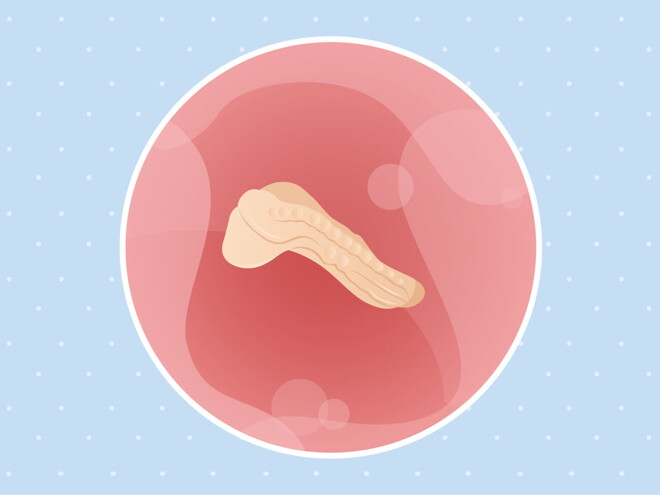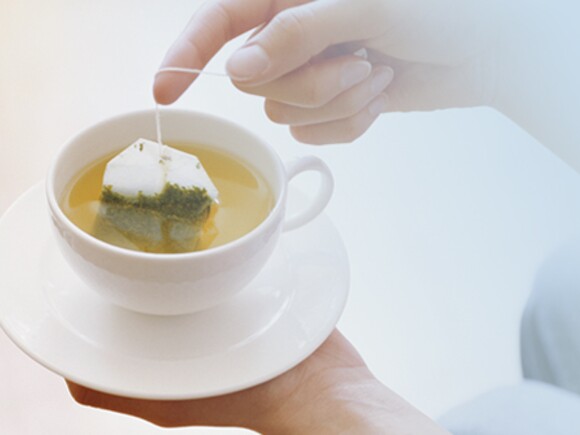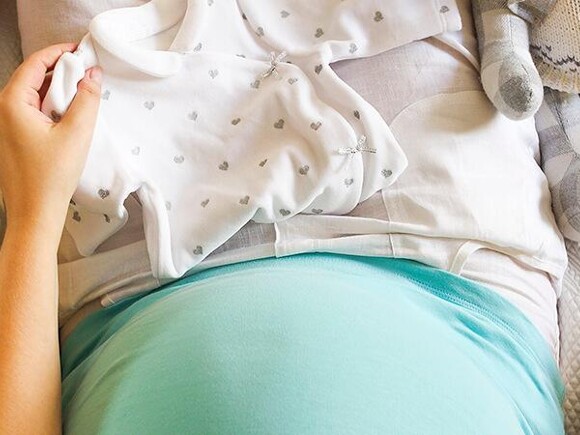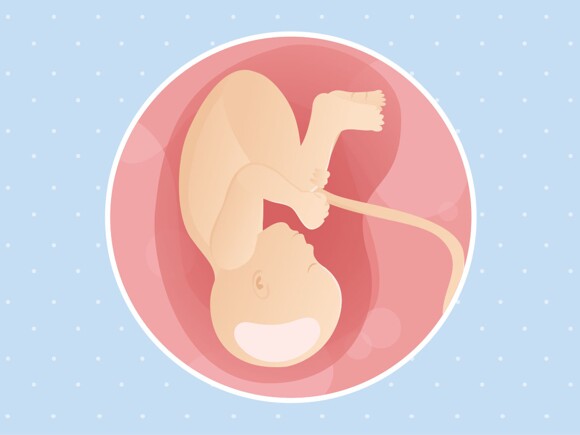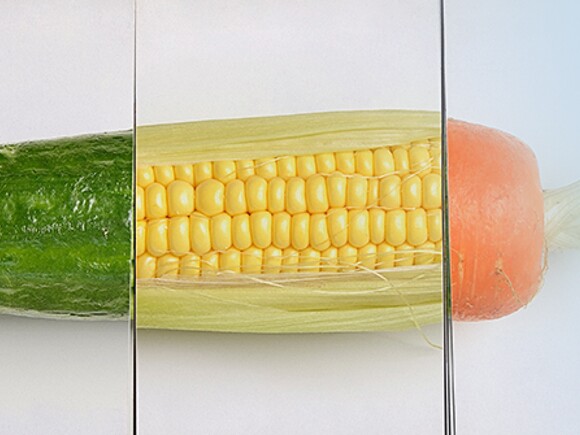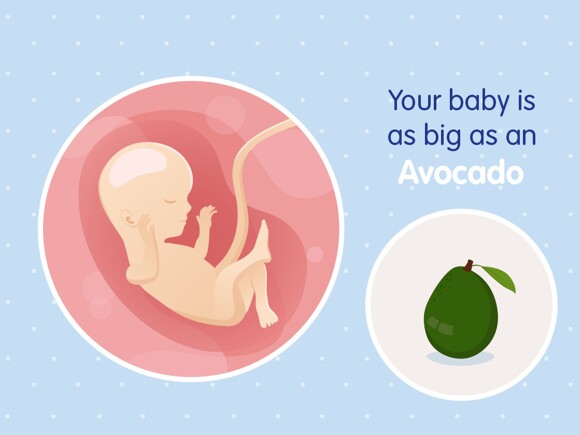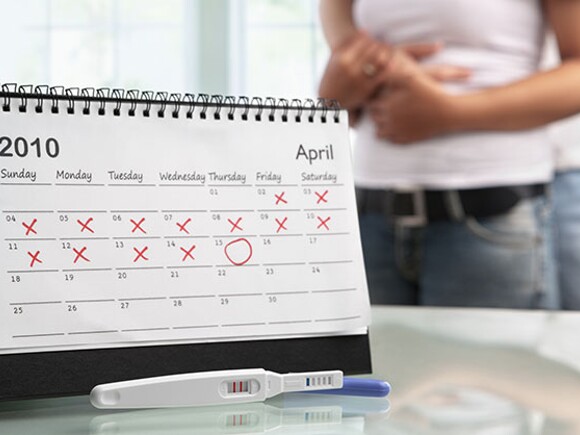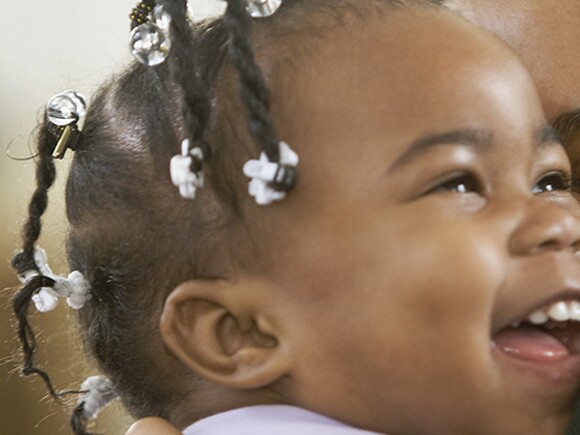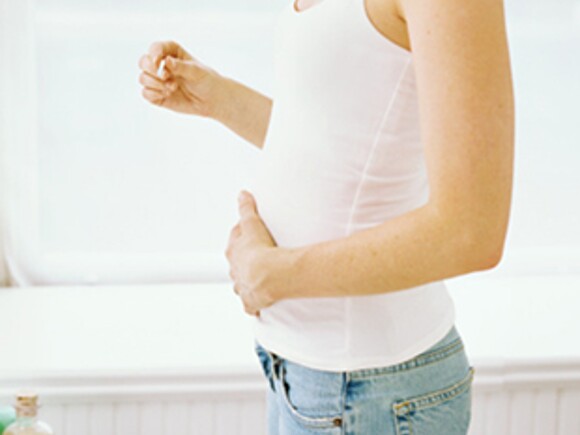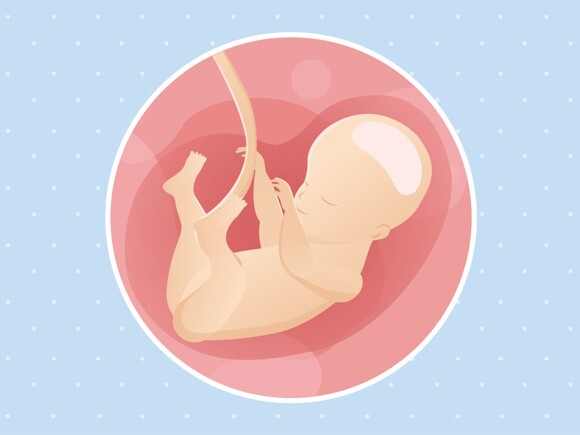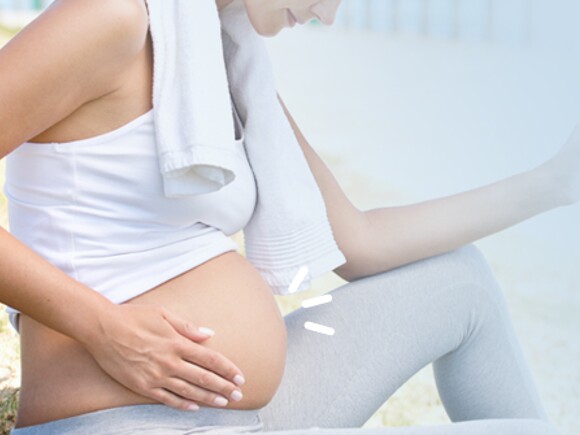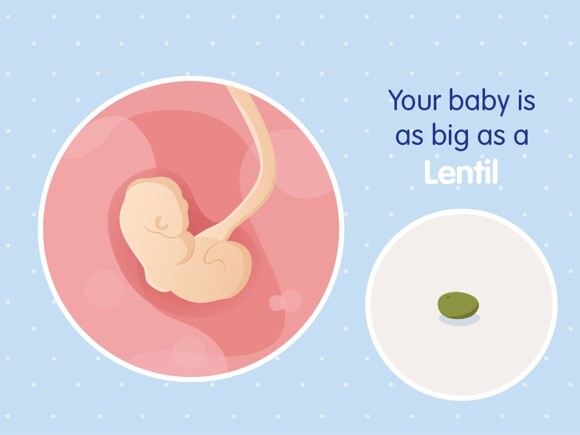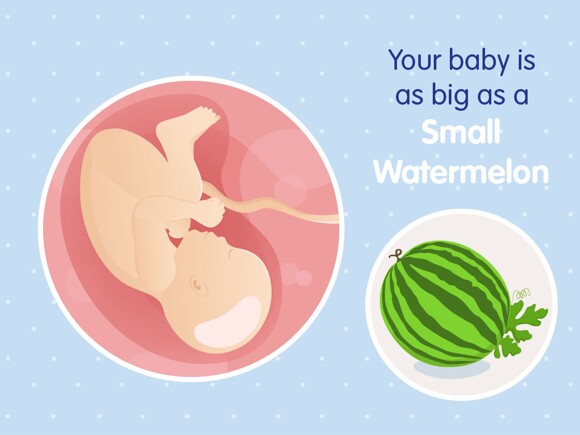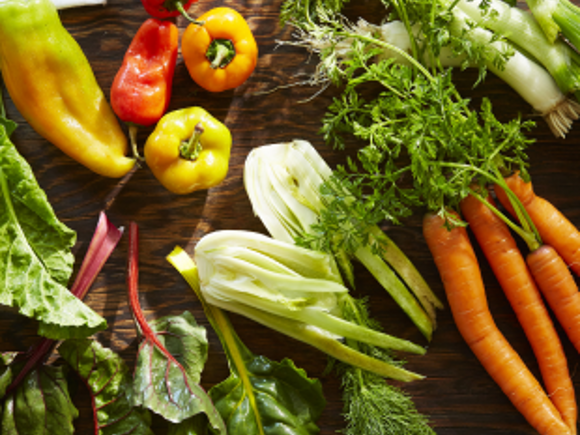3-week pregnant: baby development and diet advice
BABY DEVELOPMENT
Your baby’s heart is beating already! Just a tiny little speck, the embryonic disc that is your baby right now is already made up of three layers of cells that will form the various parts of his body. The science is amazing - the inner layer, the endoderm, will give rise to the organs of his digestive tract, his liver, pancreas and the organs of his respiratory system. The outer layer, the ectoderm, will form his nervous system and its different organs as well as his skin, nails and hair. The third layer will form most of his skeletal structure, his heart, urinary tract and sexual organs. In the middle of the mesoderm is the notochord, which will serve as his temporary backbone and from which his central nervous system, future brain and head will form. The embryonic disc goes from about 0.4 mm at the beginning of the week to 1.5-2.5 mm by the end of the week.
YOUR BODY
You didn’t get your period when you were supposed to. At first, you probably thought nothing of it. But then…what if? You decided to take a pregnancy test and it was positive. Congratulations! A wonderful adventure is about to begin, one of the best in your life. Nothing is visible, of course, but that won’t last for long.
NUTRITION
Taking care of yourself and what you eat is more important than ever. One question that comes up is “do I need to eat for two?” No, pregnant mums don’t need to “eat for two”, meaning twice as much as they usually do. But you do need to choose high quality foods which contain all the important nutrients. Two nutrients that are important for the development of the fetus in the early stages of pregnancy are folic acid and iron.
Folic acid helps reduce the risk of serious birth defects of the spine and brain called neural tube defects. It also helps bodies make new cells. The dark, green leafy types of vegetables, such as kale and spinach are especially rich in folic acid. Dried beans and peas, oranges, cereal fortified with folic acid, and folic acid-fortified grains are additional good sources. Especially vital in the very early weeks, folic acid aids your baby’s neural tube develop into their spine and brain.
Iron is an important nutrient to focus on during pregnancy, as your body requires more than normal. The addition of another little human inside leads to an increased blood volume due to the building of the reserves of the fetus and the placenta. Iron helps carry oxygen through the blood, and is necessary for cell division and for the healthy growth of your future baby.
The best sources of iron include those from animals such as red meat, fish, and poultry. Dried peas, beans and lentils, spinach, dried fruit, and iron-fortified breakfast cereals are also good providers. Foods rich in vitamin C, such as oranges, tomatoes, and strawberries, will help your body absorb iron from non-animal sources. Always talk to your health care professional if you are concerned you may not be meeting your needs before taking any vitamin or mineral supplements.
TIPS
Some foods should be avoided completely during pregnancy. Because of the potential presence of toxins, raw seafood may pose a risk to the fetus. Consider it a temporary goodbye to clams, raw oysters, sushi & sashimi, and even salmon. Undercooked meat, poultry, and raw or undercooked eggs may also contain bacteria that could harm your developing baby. So wash your vegetables really well and avoid mayonnaise or salad dressed with any sauce or dressing made with raw egg.






